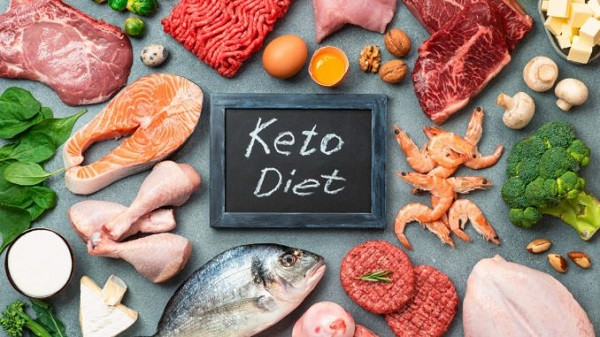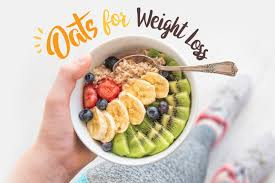The Ketogenic Diet: A Comprehensive Guide to Meal Plans, Do's and Don'ts, and Frequently Asked Questions

IIE Digital Desk : The ketogenic diet, commonly known as the keto diet, is a low-carbohydrate, high-fat eating plan that has gained popularity for its potential benefits in weight loss, improved metabolic health, and increased mental clarity. In this comprehensive guide, we will explore the principles of the ketogenic diet, provide sample meal plans, discuss the do's and don'ts, and address common queries related to this dietary approach.
Understanding the Ketogenic Diet
The ketogenic diet involves drastically reducing carbohydrate intake and replacing it with fat. This shift in macronutrient ratios puts the body in a metabolic state called ketosis, where it primarily burns fat for energy instead of carbohydrates. To achieve ketosis, the general guideline is to consume around 70-75% of calories from fat, 20-25% from protein, and only 5-10% from carbohydrates.
Meal Plans
1. Breakfast: Avocado and bacon omelet cooked in coconut oil, sprinkled with cheese.
2. Lunch: Grilled chicken salad with mixed greens, olive oil dressing, and avocado.
3. Snack: Handful of nuts or celery sticks with almond butter.
4. Dinner: Baked salmon with roasted asparagus and cauliflower mash.
5. Dessert: Berries topped with whipped cream or a small serving of sugar-free dark chocolate.
Do's and Don'ts of the Ketogenic Diet
- Do include healthy fats such as avocados, olive oil, nuts, and seeds.
- Do consume moderate amounts of high-quality protein sources like eggs, fish, poultry, and grass-fed meats.
- Do prioritize non-starchy vegetables like leafy greens, broccoli, cauliflower, and zucchini.
- Don't consume refined carbohydrates, sugar, grains, and processed foods.
- Don't forget to stay adequately hydrated and supplement with electrolytes to prevent potential imbalances.
- Don't ignore the importance of nutrient density and variety in your diet. Include a wide range of foods to meet your nutrient requirements.
Frequently Asked Questions
Is the ketogenic diet safe for everyone?
The ketogenic diet is generally safe for healthy individuals, but it may not be suitable for everyone. People with certain medical conditions, such as pancreatitis or liver disease, should avoid the keto diet. It's important to consult with a healthcare professional before starting any new diet.
Can I follow a vegetarian or vegan version of the ketogenic diet?
Yes, it is possible to follow a vegetarian or vegan ketogenic diet. Plant-based fats like avocados, nuts, seeds, and coconut oil can be included. Non-starchy vegetables and plant-based protein sources such as tofu and tempeh can also be incorporated.
What are the potential side effects of the keto diet, and how can they be mitigated?
Some potential side effects of the keto diet include keto flu (fatigue, headache, irritability), constipation, nutrient deficiencies, and bad breath. These can be mitigated by staying hydrated, consuming enough fiber, incorporating a variety of nutrient-dense foods, and ensuring adequate electrolyte intake.
How long does it take to achieve ketosis?
The time it takes to achieve ketosis varies from person to person. It can take anywhere from 2 to 7 days of following a strict low-carbohydrate, high-fat diet to enter a state of ketosis.
Can I exercise while on the ketogenic diet?
Yes, it is possible to exercise while on the ketogenic diet. However, it may take some time for your body to adjust to using fat as the primary fuel source. During this transition period, you may experience decreased exercise performance. Once adapted, many people report increased endurance and improved fat burning during exercise.
Is it possible to sustain the keto diet in the long term?
The sustainability of the keto diet in the long term varies among individuals. Some people find it challenging to maintain the strict dietary restrictions over an extended period. It's important to find a way of eating that suits your lifestyle and supports your overall health goals. Some individuals may choose to follow a modified or cyclical keto diet for long-term adherence.
The ketogenic diet can be an effective tool for weight loss and certain health benefits. However, it's important to consult with a healthcare professional or registered dietitian before starting any new dietary regimen, especially if you have underlying health conditions. Remember, individual needs may vary, and what works for one person may not work for another.
You might also like!















